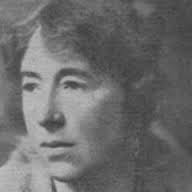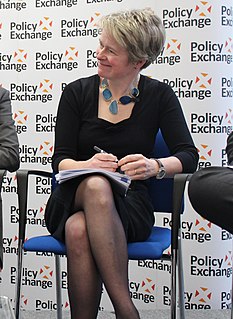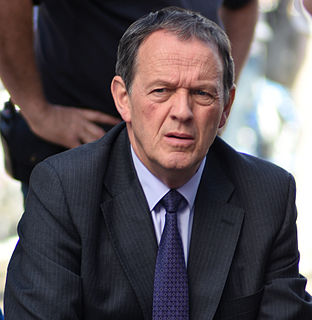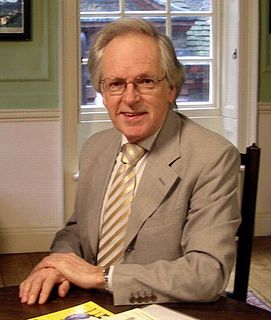A Quote by Susie Dent
Youthquake' wasn't an entirely predictable choice for Oxford's Word of 2017. It hasn't been on the lips of an entire nation, nor is it new. But it amply fulfilled the criteria Oxford requires for selection.
Related Quotes
Well, start waving and yelling, because it is the so-called Oxford comma and it is a lot more dangerous than its exclusive, ivory-tower moniker might suggest. There are people who embrace the Oxford comma and people who don't, and I'll just say this: never get between these people when drink has been taken. Oh, the Oxford comma. Here, in case you don't know what it is yet, is the perennial example, as espoused by Harold Ross: "The flag is red, white, and blue." So what do you think of it? Are you for or against it? Do you hover in between?
I had published a co-edited book with Oxford a decade ago, my first book actually. Years later I found myself having lunch with Lori Stone, who was an editor at Oxford at that time. We connected at a conference and over the course of lunch she told me about a wonderful new series she had just developed called Understanding Research.
No sovereign, no court, no personal loyalty, no aristocracy, no church, no clergy, no army, no diplomatic service, no country gentlemen, no palaces, no castles, nor manors, nor old country-houses, nor parsonages, nor thatched cottages nor ivied ruins no cathedrals, nor abbeys, nor little Norman churches no great Universities nor public schools -- no Oxford, nor Eton, nor Harrow no literature, no novels, no museums, no pictures, no political society, no sporting class -- no Epsom nor Ascot Some such list as that might be drawn up of the absent things in American life.
My experience came before most of you were born. My school was a state school in Leeds and the headmaster usually sent students to Leeds University but he didn't normally send them to Oxford or Cambridge. But the headmaster happened to have been to Cambridge and decided to try and push some of us towards Oxford and Cambridge. So, half a dozen of us tried - not all of us in history - and we all eventually got in. So, to that extent, it [The History Boys] comes out of my own experience.





































